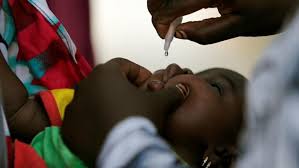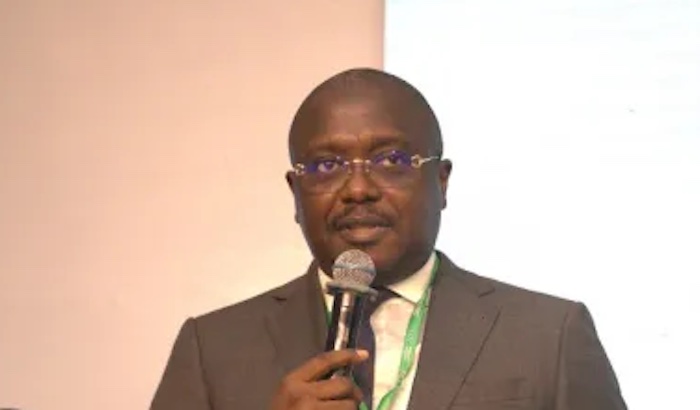
Amid renewed concerns over polio resurgence, the Lagos State Government has commenced a statewide vaccination campaign to protect children under five, following the detection of a circulating variant poliovirus (cVPV2) in the Makoko area of Lagos Mainland.
The campaign, led by the Lagos State Primary Health Care Board (LSPHCB) in collaboration with the National Primary Health Care Development Agency (NPHCDA), World Health Organization (WHO), UNICEF, and other implementing partners, forms part of a broader national effort to strengthen population immunity and stop poliovirus transmission.
According to the Permanent Secretary of the LSPHCB, Ibrahim Mustafa, environmental surveillance systems had earlier detected traces of the orphan cVPV2 strain in sewage samples from Makoko, indicating possible ongoing transmission in the densely populated community.
Mustafa emphasized the need for a rapid and comprehensive response to prevent further spread of the virus and protect vulnerable children.
“Our goal is to ensure that every eligible child in Lagos receives the polio vaccine and remains protected from paralysis. The detection of this virus is a reminder that polio remains a threat until it is completely eradicated,” he said.
To contain the threat, the state government will conduct two intensive rounds of house-to-house vaccination campaigns across all 20 Local Government Areas and 37 Local Council Development Areas.
The exercise targets all children under five years of age, regardless of their previous vaccination status, to ensure full community coverage. Each child will receive two drops of the novel Oral Polio Vaccine (nOPV2), a safe and effective vaccine approved by both the National Agency for Food and Drug Administration and Control (NAFDAC) and the World Health Organization (WHO).
Mustafa urged parents, caregivers, and community leaders to cooperate with vaccination teams and allow access to all eligible children.
The state has also enhanced its disease surveillance, vaccine logistics, and risk communication systems, while training healthcare workers on safe vaccine administration, cold-chain management, and adverse event monitoring to ensure a seamless rollout.



